Hoops and glory: why basketball is Lithuania’s ‘second religion’
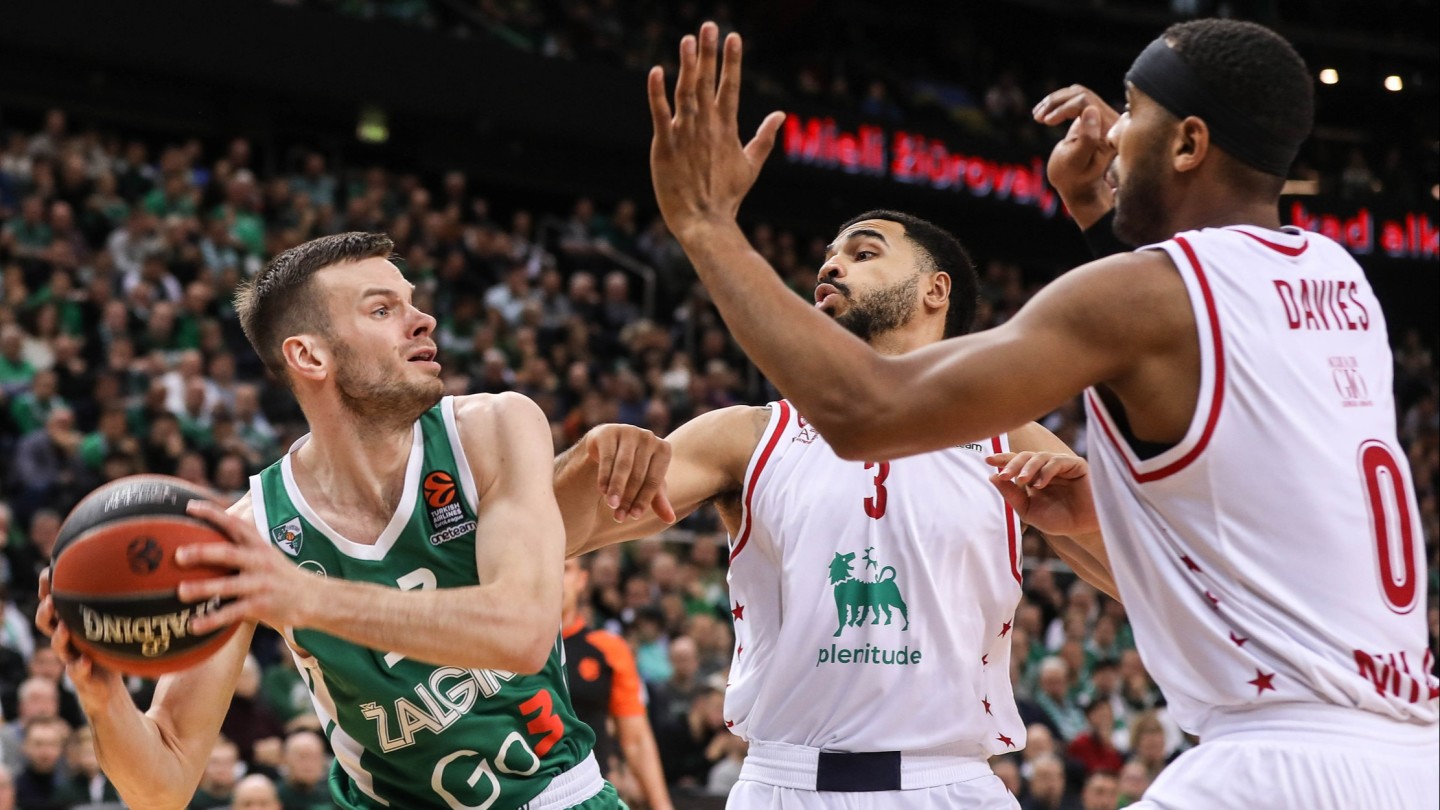
Roula Khalaf, Editor of the FT, selects her favourite stories in this weekly newsletter.
Ricardas Petrauskas has fond memories of 1987. That year, for the first time, he finally got to see his favourite basketball team play at his local sports venue. For a 16-year-old teenager, it was a dream come true.
“It was very difficult to get into the hall, few spectators were allowed in,” Petrauskas recalls. “I remember when I was a child, I would even look out the window at the hall and wonder when I would be able to enter. Basketball definitely was the second religion to me, maybe even the first.”
Petrauskas was living in Kaunas, Lithuania’s second-largest city and home to the Žalgiris basketball club — the Baltic state’s most-decorated team, as well as one of its oldest.
For Lithuanian basketball, 1987 was a good year, with Žalgiris performing strongly in regional and European competitions, thanks in part to the brilliance of Arvydas Sabonis. Widely acclaimed as the country’s best ever player, he later left to pursue his career in Spain and then the US — where he is regarded as a great “what if?” of the National Basketball Association, because his career was held back by injuries.
Something, however, was missing in 1987: Lithuania’s existence on a map.
In 1944, the country had been annexed by the Soviet Union, which ruled it until 1990, when it became the first state to declare independence from the communist bloc. Under Moscow’s rule, there were few ways to express patriotism or nationalism, as the Soviet security services cracked down on any public attempts to do so.
Looking for avenues for dissent, Lithuanians found basketball.
The sport was first promoted in Lithuania in the 1920s by Steponas Darius, a Lithuanian-American aviator and sports enthusiast. Its popularity grew during the following decade, especially after Lithuania won the European Basketball Championship — EuroBasket — in 1937 and 1939, and hosted the tournament in the latter year.
Under Soviet occupation, basketball remained popular, with Lithuanian players frequently forming the core of the Soviet national team.
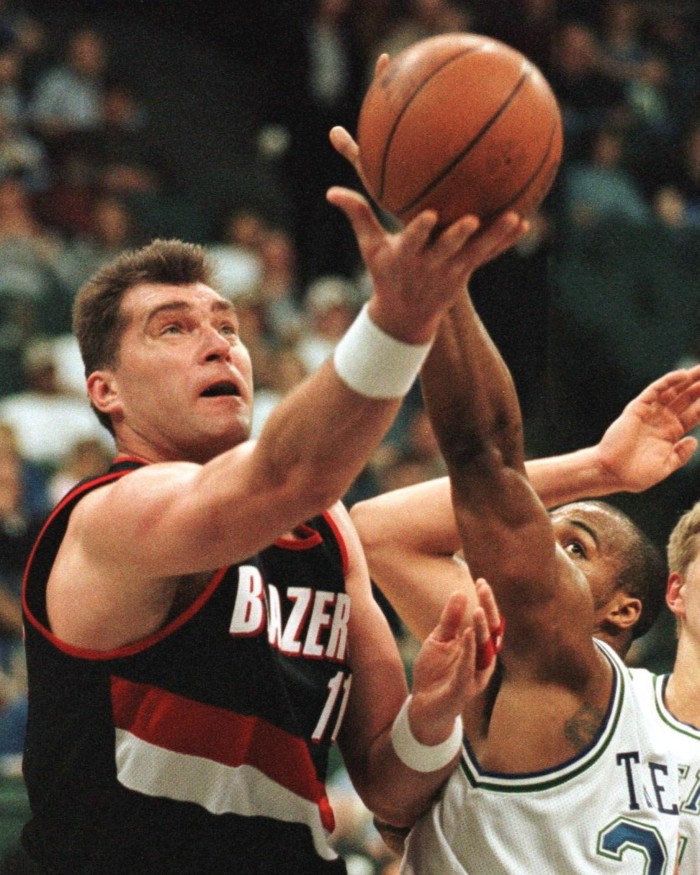
The Žalgiris club became a quiet hub of Lithuanian nationalism — a fitting role given that Kaunas had been the country’s capital during the interwar period.
Vladas Garastas, who coached the team from 1979 to 1989, says Žalgiris was the only club in the USSR Premier Basketball League (PBL) that refused to sign Russian players.
“For this, we even received reproaches from Moscow,” he says. “But we played for Lithuania. That’s how we felt, that’s what we thought at the time.”
Matches between Žalgiris and CSKA Moscow — a team with ties to the Red Army — were highly charged. “The streets were empty,” Petrauskas says. “You were either at the TV or in the arena.”
Garastas is clear that the matches were about more than sport. “This was our invisible front,” he says. “It was a form of Lithuanian resistance. We wanted to show what we are made of, what we can do.”
The most memorable clash between the teams was the final of the PBL championship in 1987, in which Žalgiris sought the title for the third time in a row.
Sabonis, who was recovering from an injury, did not play in the first match of the tournament but was cleared for the last two, and Žalgiris won the league.
“These surely felt like victories against the Russian empire,” Petrauskas says. “I think many Lithuanians felt that way.”
The next chapter in Lithuania’s basketball history began after the country regained independence in 1991.
Though it had practically no state funding, the newly formed men’s national basketball team was determined to get to the 1992 Barcelona Olympics.
In an unlikely twist, brought about through the fundraising efforts of Lithuanian NBA star Šarūnas Marčiulionis, some money came from the US psychedelic rock band the Grateful Dead. The band’s merchandisers also donated T-shirts and shorts featuring its signature skeletons and tie-die patterns, a look that caused a stir at the Games.
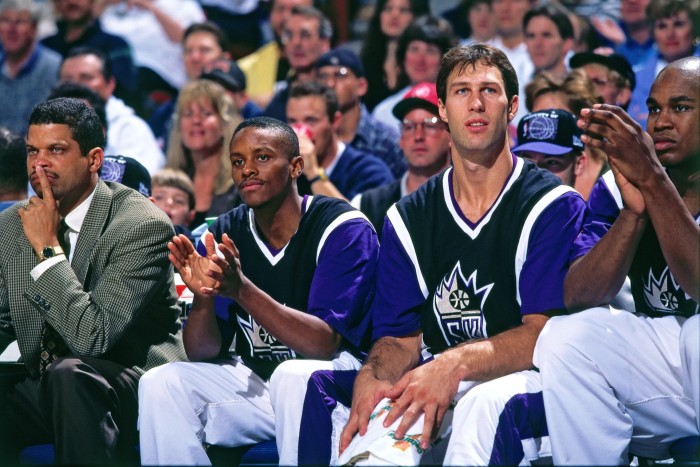
“When we arrived in Barcelona, we were given a Russian interpreter,” says Garastas, who coached the national team from 1992 to 1997. “They didn’t even know what Lithuania was and where it was.”
The Lithuanians went on to win bronze, after losing to the US in the semi-finals. The match that secured them their medal was against the so-called Unified Team, comprising athletes from the former Soviet Union countries, except the Baltic states.
“The national anthem while standing there, the national flag being raised . . . that was unbelievable,” Garastas says. “We were finally on the map again.”
Lithuania’s men’s team also won bronze at the 1996 and 2000 Olympics, as well as six medals in the International Basketball Federation — FIBA — competition, including the gold in EuroBasket 2003.
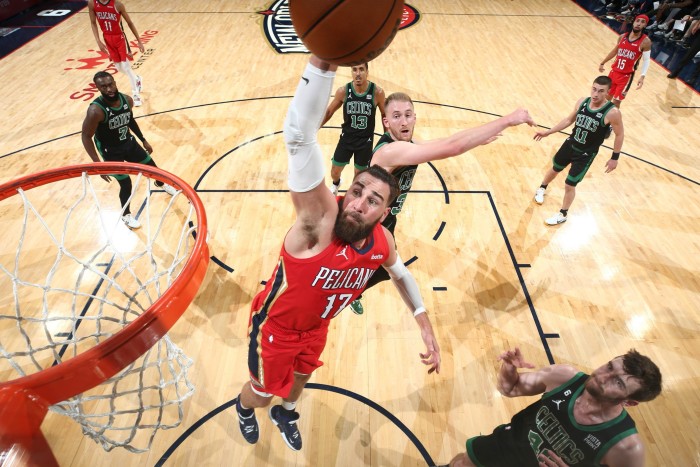
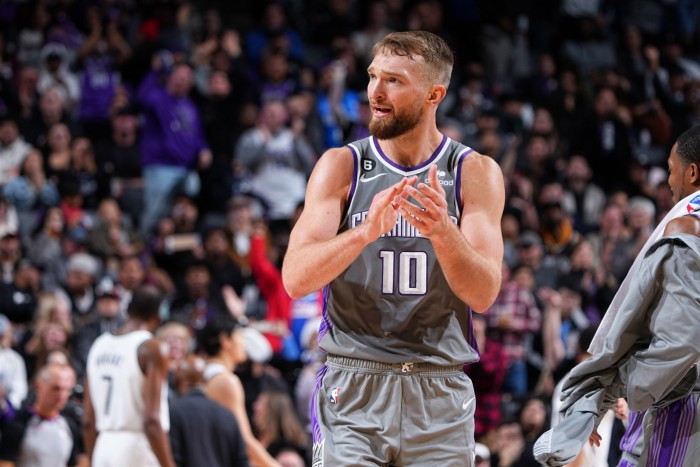
Today, two Lithuanians play in the NBA: Jonas Valančiūnas and Domantas Sabonis are starting big men for the New Orleans Pelicans and Sacramento Kings respectively.
At the time of writing, Žalgiris have won six and lost four in the current EuroLeague season. Ricardas Petrauskas was at the match just over a week ago where his favourite team defeated Milan in Kaunas.
Now working in land management, he had once hoped to play basketball professionally but his eyesight was not good enough. Instead, he became a founder of the Žalgiris fan club, Green Death. “This was my contribution to the sport I wanted to be part of so hard,” he says.
Though Petrauskas insists that “old love won’t rust”, he admits that he gets to the arena less often than he used to. Lithuania’s approach to the game has, he thinks, became more about entertainment and less about national identity.
“Much has changed since I entered the hall for the first time,” he says. “There are foreign players, the sport is much more commercialised, everything revolves around money.
“But I still love this, nevertheless.”
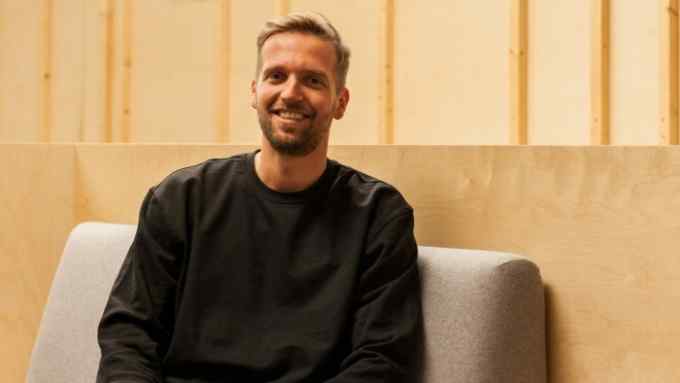
Comments